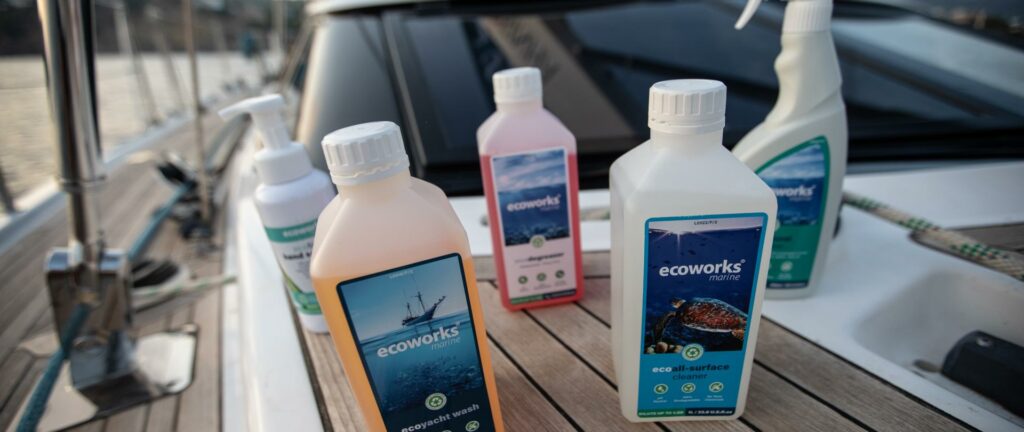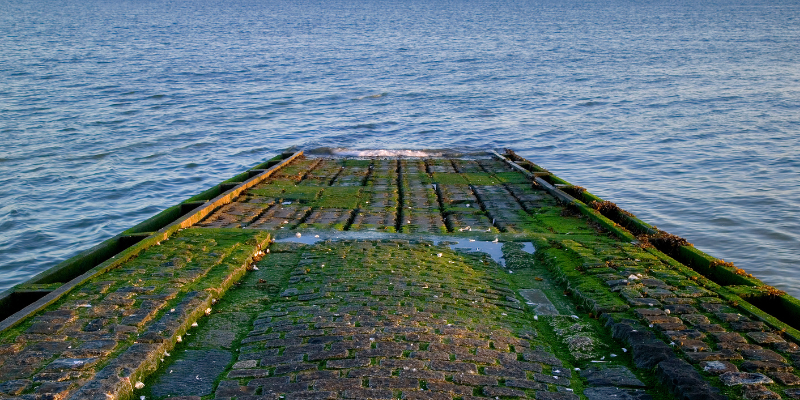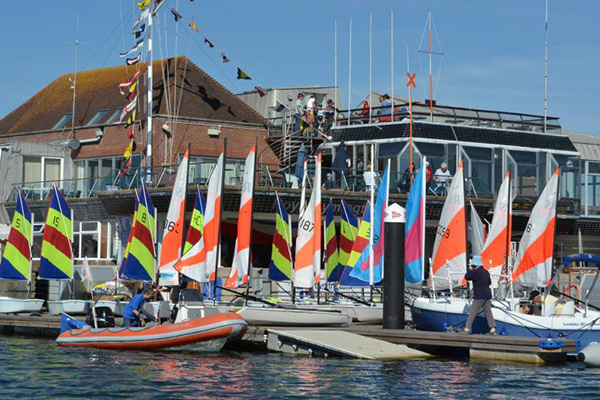Cleaning & Maintenance
BACKGROUND
Often we rely on chemicals to help with cleaning (in washing machines, showers, toilets) and maintenance (slipways and boats). However, the chemicals in the products we use frequently end up in our waterways, where they can be harmful to aquatic life.
Most detergents contain phosphates which can cause algal blooms and oxygen depletion and can suffocate aquatic life. Chemicals such as Triclosan, Chlorine Formaldehyde, Potassium Hydroxide and solvents used to clean, disinfect and deodorise are toxic to aquatic life and can disrupt the reproductive cycle of some fish species. In addition, many of these substances can be a risk to human health (for example being toxic when inhaled or corrosive on skin contact), and their production and use also has wider implications influencing air quality and climate change.
LEGAL REQUIREMENTS
Currently there is no specific legislation in place to regulate the use of cleaning agents or any paints and varnishes used on recreational craft in UK coastal waters. However, general provisions under the Water Resources Act 1991 regulate any polluting matter entering controlled waters and this legislation applies to all marine businesses.
For inland waterways the Canal and River Trust Terms and Conditions for Boat Licences requests that phosphate-free detergents are used on board, particularly in washing machines and dishwashers.
FACILITIES & OPERATIONS
Choose environmentally friendly products for cleaning. Check the ingredients and avoid chlorine, bleach products and phosphates in particular.
- Make your own cleaning products.
- If you have a washing machine, provide detergent-free products. There are many eco-friendly alternatives now on the market to choose from.
- If your grey water sewer empties directly into a water course before being treated, ensure that only environmentally friendly cleaning products are used to avoid polluting rivers and estuaries.
- Visit our Green Blue Product Directory to find more environmentally friendly cleaning products.

Slipway Cleaning:
It is common to need to clean a slipway to remove fouling and algae. However, you should be aware that what you use to clean a slipway is regulated. It is recommended that you do not use chemicals to remove weed and algae from slipways, use a stiff brush or a high pressure hose instead. Any products you may want to use have to be approved by the Health & Safety Executive (HSE). Please contact them directly for further information on this.
A marine licence is not required from the Marine Management Organisation (MMO) for cleaning a slipway, although you may still require an Environmental Permit to discharge into surface or ground water. For more information on regulations and product approval see the RYA Cleaning Slipways advice.

Septic tank management:
If your clubhouse has a septic tank then you will be aware of the importance of keeping the biological balance intact. A well maintained septic tank has a mix of so called ‘good’ and ‘bad’ bacteria with the good outnumbering the bad. The tank finds its own natural balance which neutralises odours and breaks down solids. However, the chemicals used for cleaning and washing that disappear down the plug hole can affect this natural balance causing the tank to smell and the delicate ecosystem to break down. It is important to avoid the use of bleach across your premises to maintain the septic tank.
Boat cleaning and maintenance:
Chemicals are often used in boat cleaning from the topsides and the decks to on-board in galleys and sea toilets. As a club or centre it’s important to highlight the issues associated with the use of cleaning products and ensure environmentally friendly alternatives are used by the club and it’s members to help protect our waters, wildlife and habitats.


